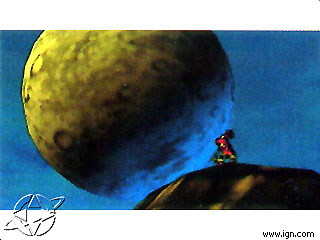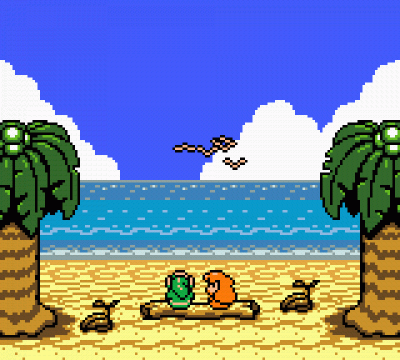FreedomFighter
Member
Well said.Majora's Mask resonates with a lot of people not just for its darker themes, but for how it emphasised a somewhat "living, breathing world", NPCs with character, and integrated these components deeply within the core gameplay formula. Where time in Ocarina was thematically important, its use was fairly binary: two time period, day and night. Juggling quests and how to interact with NPCs simply required management of these distinctions. I can meet X only at night in the future. Y will be in the forest during the day in the past. Etc.
Majora's Mask takes the idea of time and explores it in a more interesting way, far more multifaceted and richer in complexity of how quests play out and where NPCs are. The way this is tied into the story arc itself, Majora ending the world and Link controlling it, results in "time" having a very weighted presence in the game. In Ocarina it's easy to distill time down to just a game mechanic, because really future/past night/day might as well be dark/light world. In Majora time is always hanging over you, even with your power to change it's always ticking away. Makes the quests tethered to time/day feel all the more important and believable.
There's not really any other Zelda game like it.
I'll just add that Majora's Mask is the most evocative and emotionally involved games ever. You really build a deep affinity with the characters after having followed them around and getting a glimpse into their lives.








